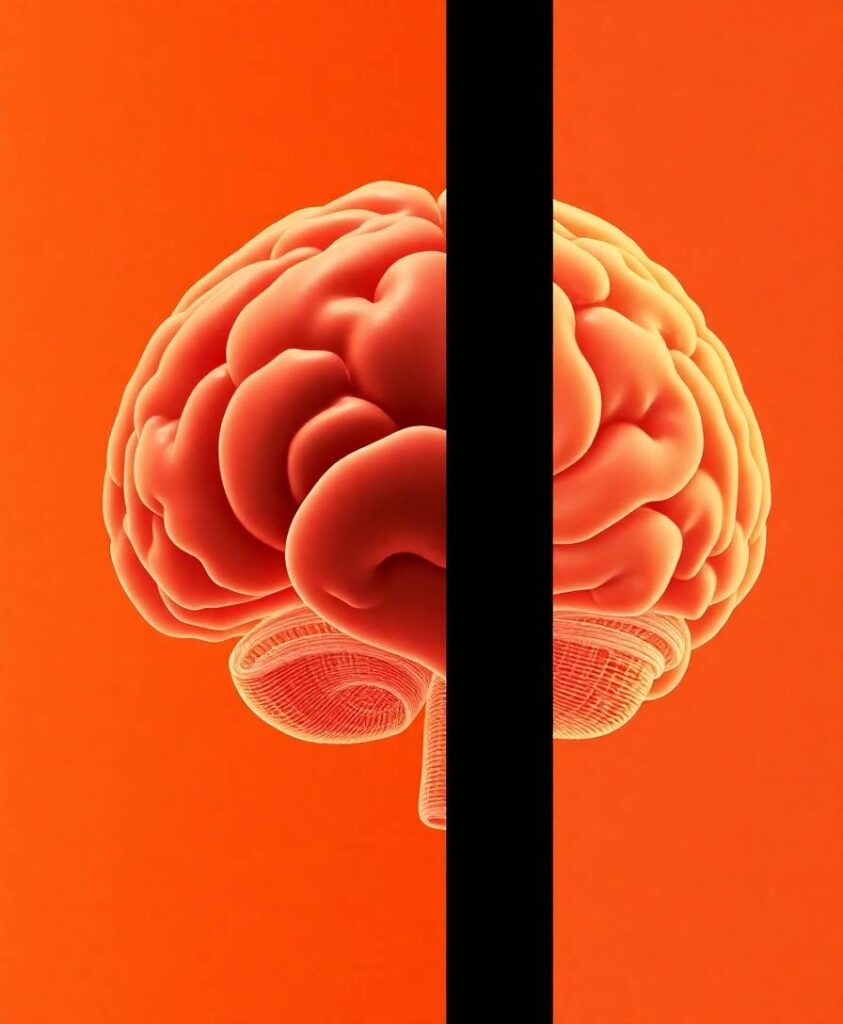Associations of Parity With Change in Global Cognition and Incident Cognitive Impairment in Older Women
BackgroundThe evidence of the association between parity and risk of mild cognitive impairment (MCI) or dementia is mixed, and the relationship between parity and longitudinal cognitive changes is less clear. We investigated these issues in a large population of older women who were carefully monitored for development of MCI and probable dementia.MethodsUsing the Women’s Health Initiative Memory Study, 7,100 postmenopausal women (mean age 70.1 ± 3.8 years) with information on baseline parity (defined as the number of term pregnancies), measures of global cognition (Modified Mini-Mental State Examination score) from 1996–2007, and cognitive impairment (centrally adjudicated diagnoses of MCI and dementia) from 1996–2016 were included. Multivariable linear mixed-effects models were used to analyze the rate of changes in global cognition. Cox regression models were used to evaluate the risk of MCI/dementia across parity groups.ResultsOver an average of 10.5 years, 465 new cases of MCI/dementia were identified. Compared with nulliparous women, those with a parity of 1–3 and ≥4 had a lower MCI/dementia risk. The HRs were 0.75 (0.56–0.99) and 0.71 (0.53–0.96), respectively (P < 0.01). Similarly, a parity of 1–3 and ≥4 was related to slower cognitive decline (β = 0.164, 0.292, respectively, P < 0.05).ConclusionHigher parity attenuated the future risk for MCI/dementia and slowed the rates of cognitive decline in elderly women. Future studies are needed to determine how parity affects late-life cognitive function in women.
Marc is a Canadian exercise physiologist in St. John’s, linking fitness to sharper thinking. He writes about real-world ways to stay strong and sharp, inspired by Newfoundland’s tough, no-frills lifestyle.


